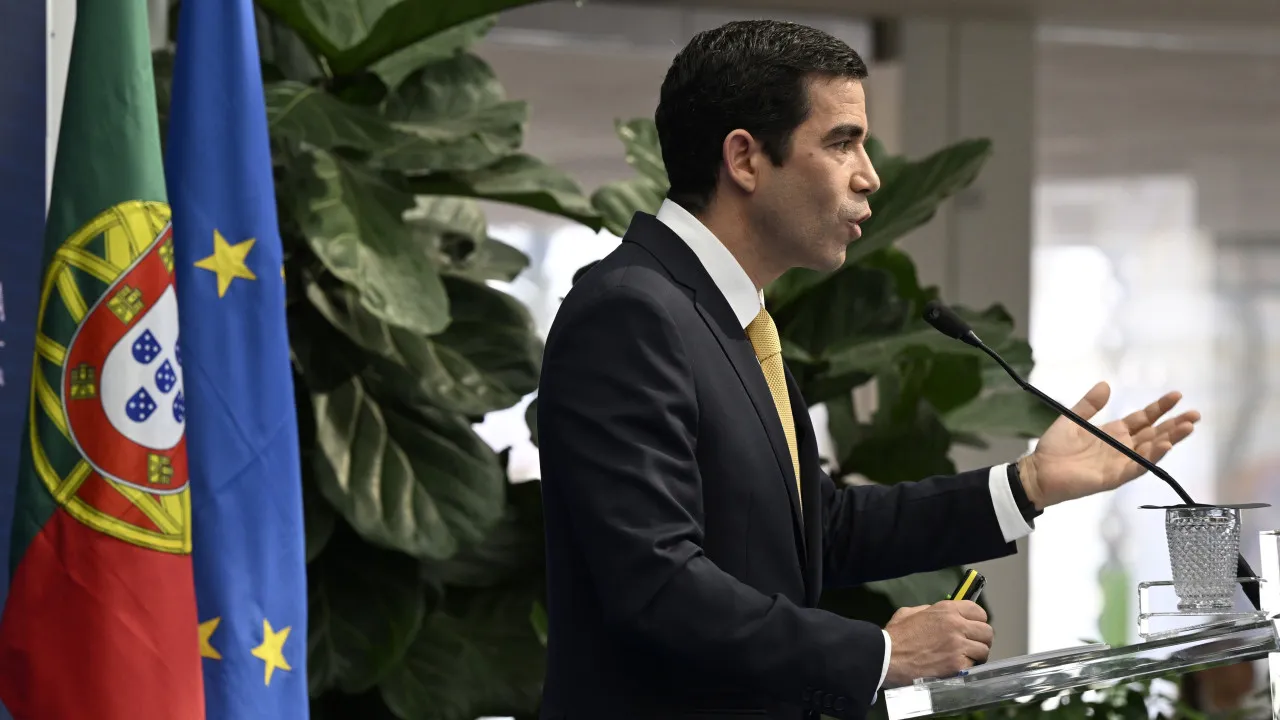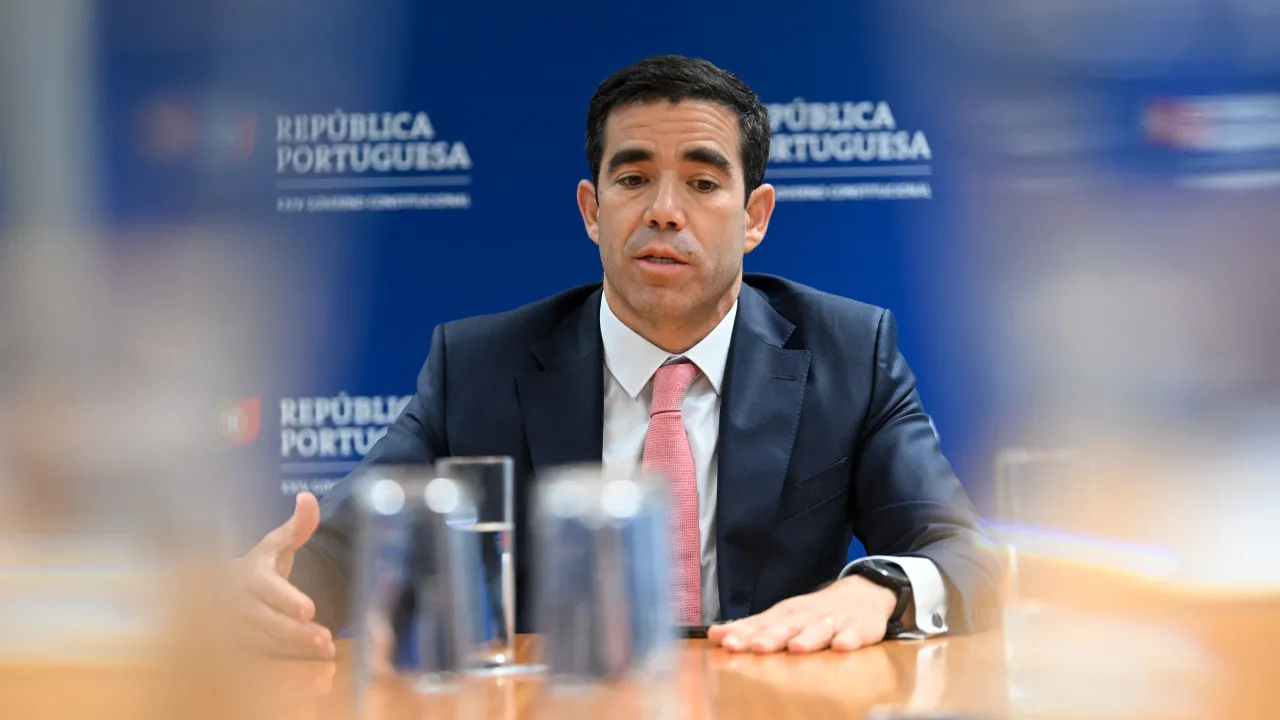
A policy labeled as “racially, xenophobically, and classistically biased” is being challenged by critics in a collective stance against bills to be debated on Friday in parliament. These measures restrict family reunification, extend the time needed to obtain citizenship, allow for the revocation of nationality for naturalized citizens, and establish a new border unit within the PSP.
“The current government attempts to reshape the framework for immigrant reception and stay based on exclusion and control,” claim the associations, who have announced plans to gather outside parliament on Friday to raise awareness among lawmakers and the public.
The three legislative projects to amend the Nationality Law, the Aliens Law, and establish the PSP’s National Foreigners and Borders Unit are seen as part of a broader agenda of institutional repression, increased security over migrant life, an assault on fundamental rights, and the reinforcement of racism and xenophobia within the Portuguese state. The associations contend that these bills embody anti-democratic aspirations, threatening national social cohesion and constitutional principles.
The proponents argue that migration policies should recognize immigrants’ presence and tangible contributions, but the prevailing institutional discourse reduces these lives to mere figures and threats.
“The state, with these laws, artificially separates ‘useful’ immigrants from ‘undesirable’ ones, fostering division and inequality” between skilled foreigners, Lusophone citizens, and others.
The signatories assert that “the silence regarding the fiscal and legal privileges granted to foreigners benefiting from ‘Gold’ visas and significant economic power” reveals “the true criterion of this policy: skin color, ethnic-racial origin, capital, and immediate economic utility.”
The associations, many of which are linked to immigrant advocacy, criticize the Agency for Integration, Migrations and Asylum (AIMA) for inefficiency, disputing the recent extension of residence permits’ validity until October 15, overlooking those with only visas, “essential documents for those in the initial phase of regularization.”
“The slow processing of ongoing cases in AIMA benefits employers who profit from the precarious work of irregular immigrants and encourages human trafficking networks,” they state.
Regarding the changes to the nationality law, they consider it “one of the most severe democratic setbacks in recent decades,” as it “removes the possibility for a generation of young people born in Portugal, children of immigrants, to be recognized as part of the country where they were born and raised.”
The creation of UNEF, “with enhanced powers for surveillance, control, and deportation execution, reinforces a policing logic on immigrants” and “strengthens the idea, already present in the previous legislature, that the migrant population is a risk within national territory,” the associations add, emphasizing that these “laws do not foster integration but rather institutionalized sorting, exclusion, and persecution.”
In the document, among other proposals, the signatories call for “dedicated policies for immigrant communities,” strengthening “cultural and linguistic mediation in public schools and the NHS, with continuity and professional dignity,” investing in “the teaching of Portuguese as a non-native language, also for adults, as a right and not as an exclusion filter,” and a “more effective and permanent fight against human trafficking for labor exploitation.”
Additionally, the associations demand “concrete measures against police violence” and “an independent study on the prevalence of racist and discriminatory behaviors in police structures and other security forces, both public and private.”
This document is signed by several associations, including the Anti-Racist Front, SOS Racismo, the Vida Justa movement, Renew Mouraria, Casa do Brasil de Lisboa, and the Cultural Association Moinho da Juventude.




